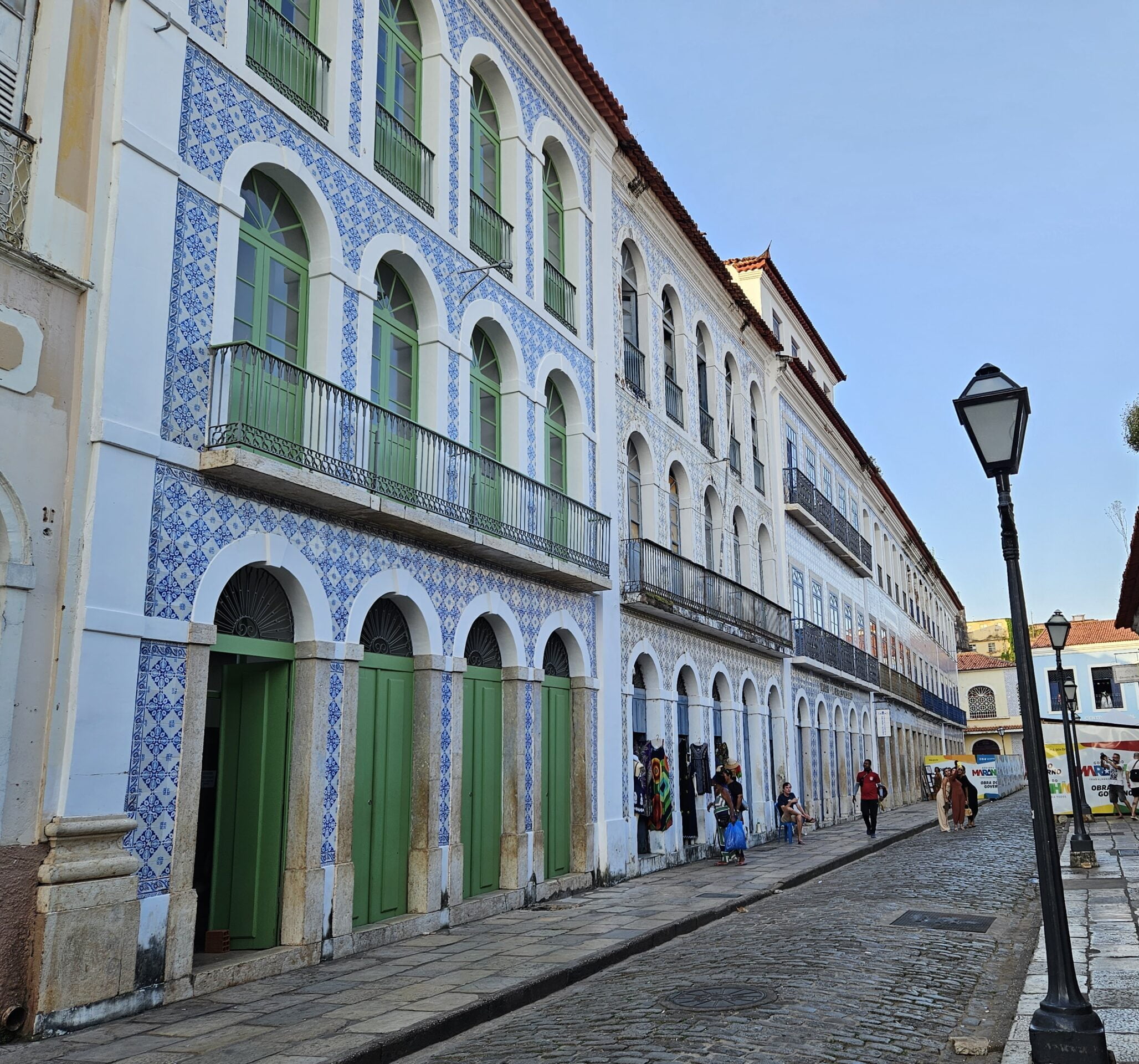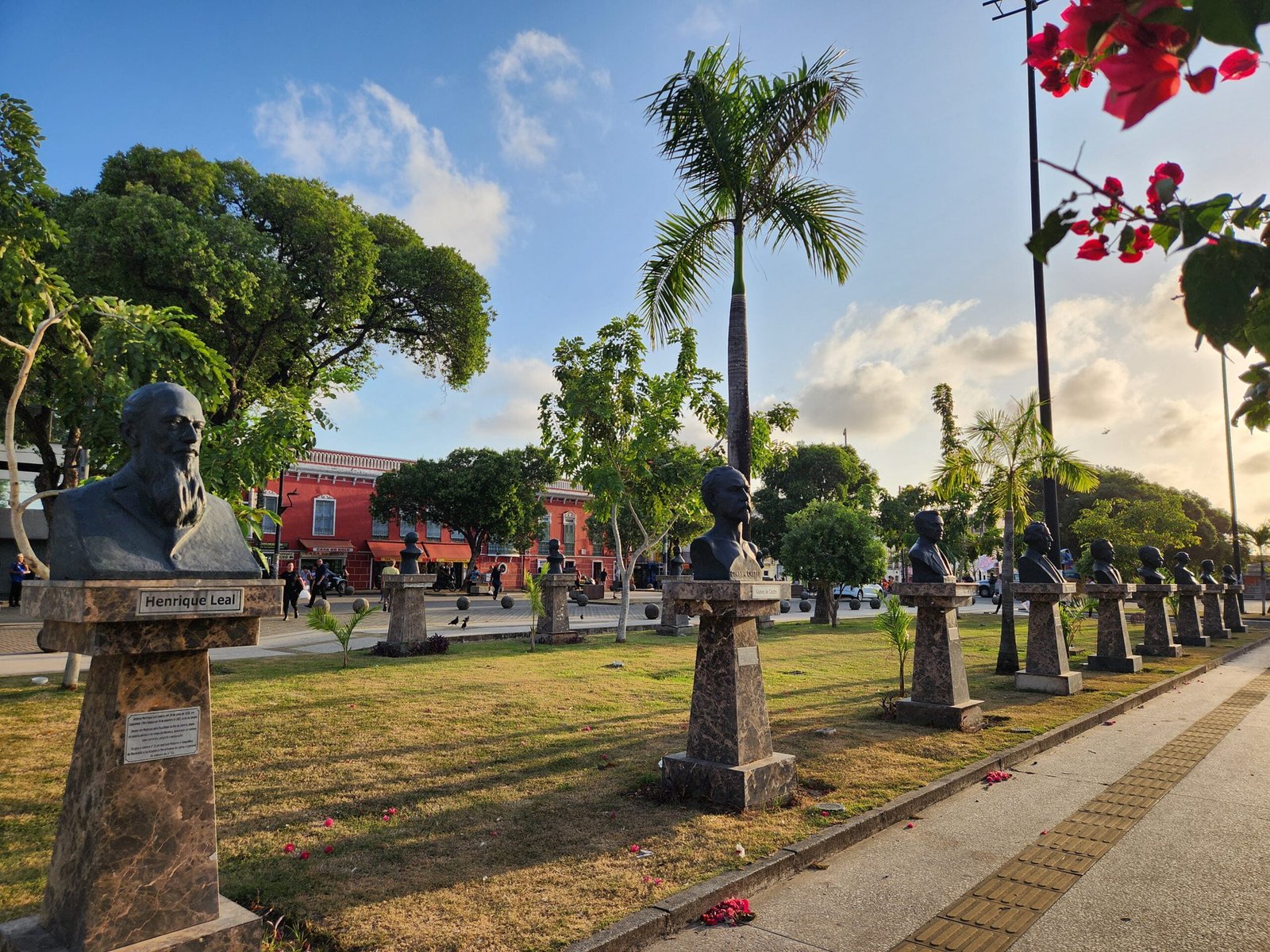Over four centuries ago, São Luís has played a significant role in Brazilian history. A journey that began on September 8, 1612. At that time, a French expedition led by the conqueror Daniel de La Touche, Lord of La Ravardière, set sail from Cancele in Brittany, France, with the support of Queen Regent Maria de Médicis. The goal was to establish a French colony in the tropics, the “Equinoctial France,” an action that gave rise to the city, named São Luís in homage to the King of France.

However, fate took a different turn, and in 1615, São Luís came under Portuguese control, ending the French project. The Kingdom of Portugal, however, faced challenges in consolidating its control over this island surrounded by many waters and tides with large variations. In 1641, the Dutch, who were revolting against Spanish dominion in various parts of the world, arrived in São Luís in an attempt to conquer the newly formed Colonial State of Maranhão. They created the first detailed map of the city and increased the number of sugar mills in the region, expanding and improving production quality. However, in 1644, after a violent battle, the Dutch were expelled from São Luís, initiating a process to encourage its colonization.
This effort by the Portuguese crown had its starting point in the Historic Center of São Luís, which witnessed the colonizers’ efforts to build a grand and prosperous city through the labor of enslaved Africans. At the same time, it is important to note that here, French, Dutch, and Portuguese encountered the first inhabitants of this land: the Tupinambá Indians, whose culture still influences the city’s identity today.
In the following centuries, the city received, as part of the European colonization process, African people enslaved by the Portuguese. Thus, over the centuries, the city developed as a convergence point of French, Dutch, Portuguese, African, and indigenous cultural influences, which now blend harmoniously, making São Luís a treasure to be discovered by its visitors.
In 1997, the city was recognized as a World Heritage Site by UNESCO. In 2019, it received the title of Brazilian Capital of Culture, and in 2023, it was named the National Capital of Reggae. Today, São Luís do Maranhão is a vibrant city that keeps the traditions of the past alive while embracing modernity. With quality tourist infrastructure, the capital of Maranhão attracts visitors seeking a unique experience that combines history, culture, gastronomy, and natural beauty.





